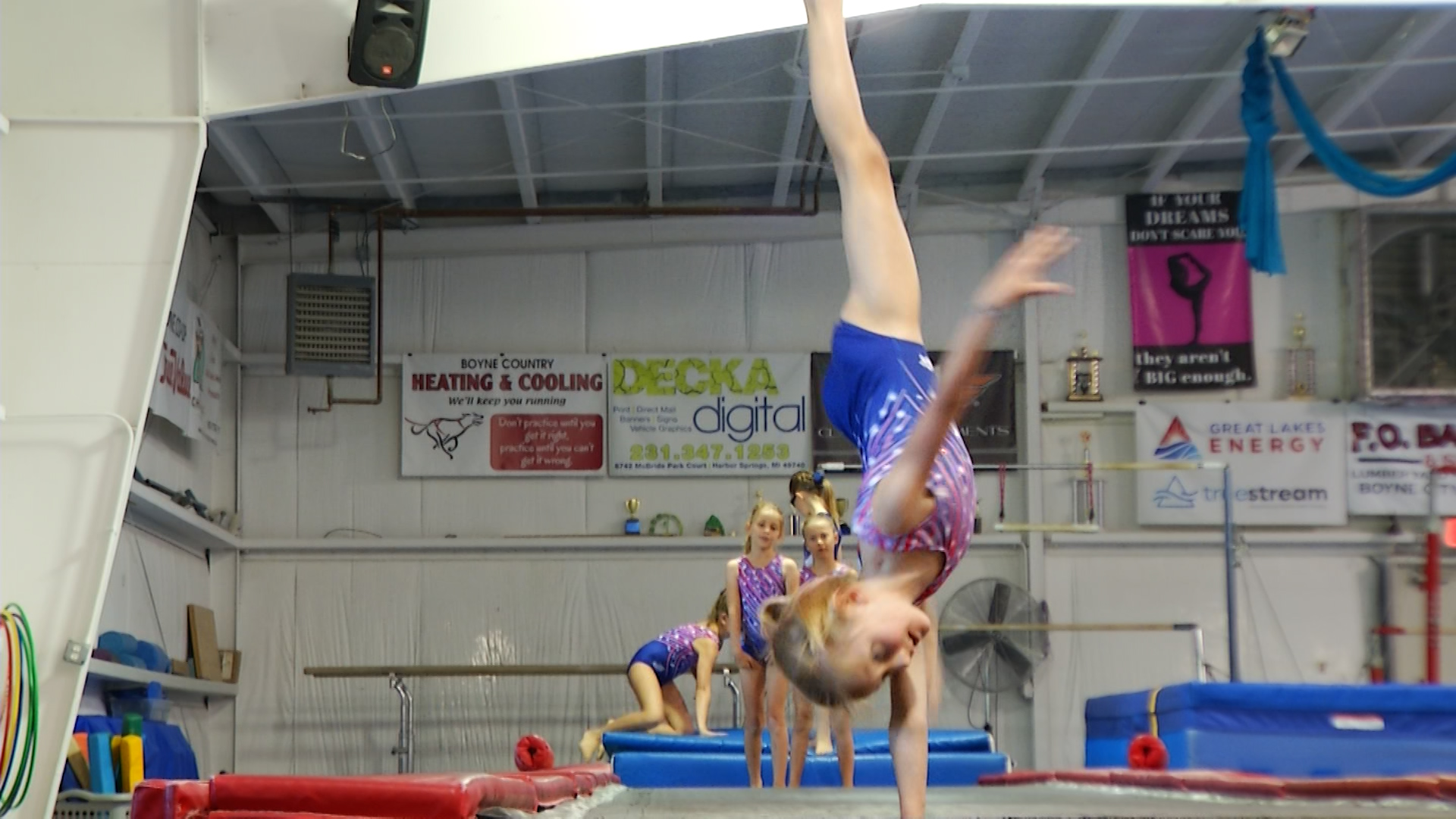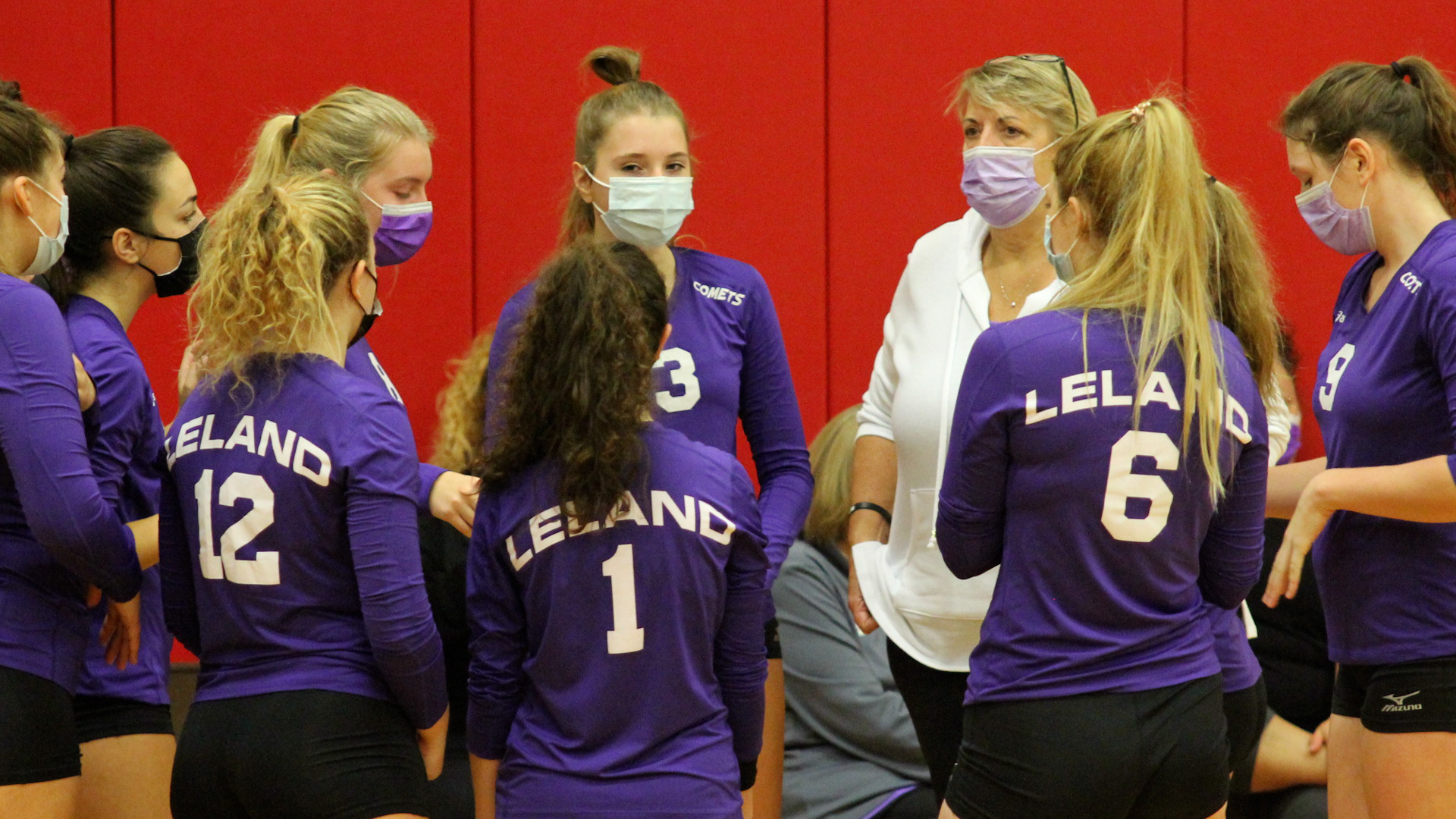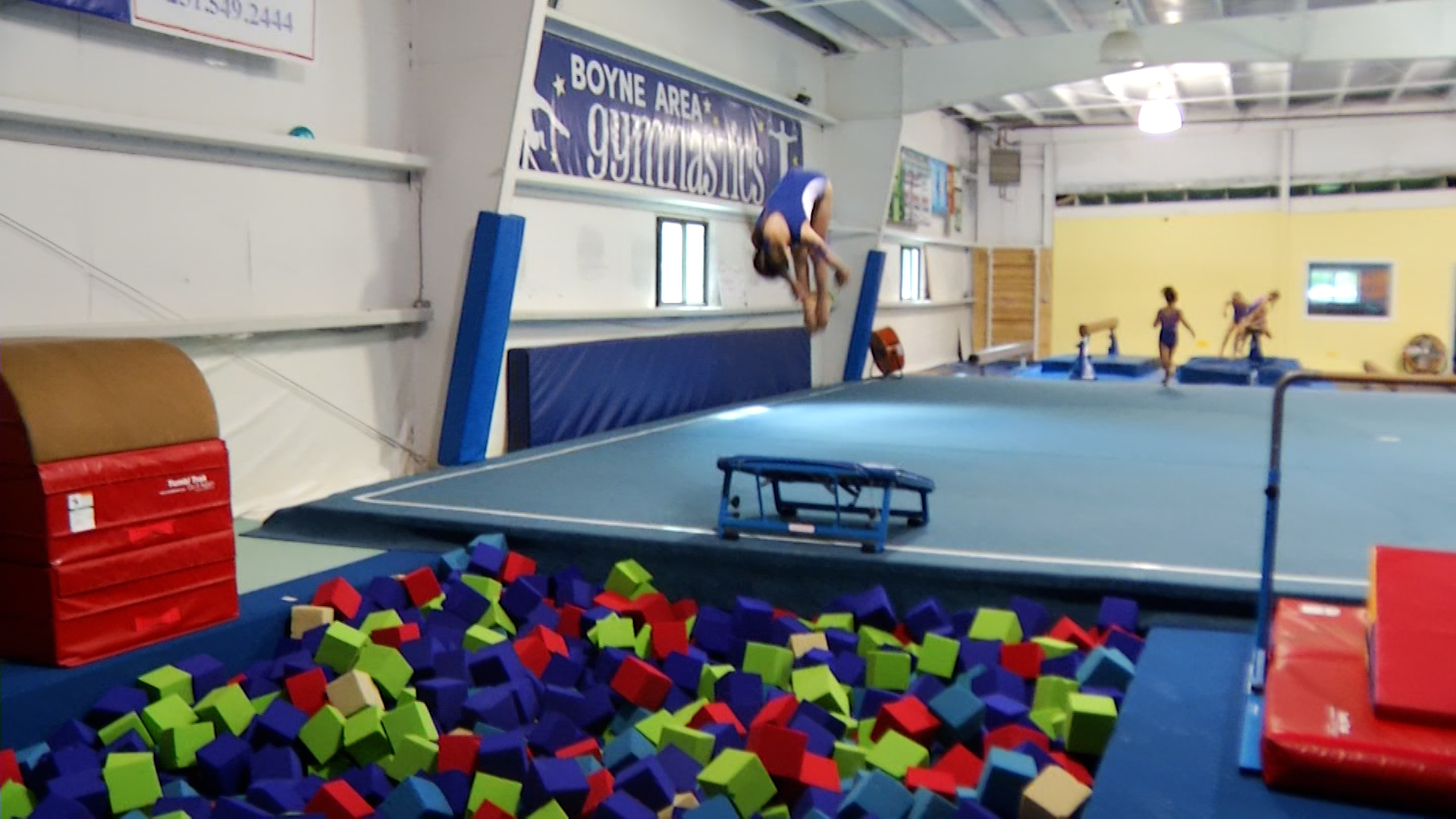For athletes, understanding their mental health and knowing when to take a step back from the sport is a balancing act.
Recently, Olympian Simone Biles made the difficult decision to step away from the team final rounds in Tokyo to focus on her mental health. She said she was feeling “twisties” which was upsetting. The term “twisties,” used by gymnasts, is the feeling of losing a sense of space while midair. It can happen to any gymnast and can be dangerous.
Local coaches explain that every athlete, like Biles, has to learn how to balance the mental and emotional demands of sports with the physical and competitive.
“Gymnastics is different from a lot of sports because of the more mental aspect,” says Kari Streelman, Executive Director of Boyne Area Gymnastics. “That fear of doing a skill or being out there alone, and a lot of kids put pressure on themselves, even more than we put on them.”
Knowing when to take a break is important.
“We should be proud of [Biles] for being able to step up and say, hey, I just can’t do this right now, I’m not ready,” says Streelman. “It’s not always about the physical, it’s definitely about the mental and emotional.”
Laurie Glass coaches volleyball in Leland. Her daughter is Alisha Glass., a former member of the United States women’s national volleyball team. Alisha won a bronze medal at the 2016 Olympics for ‘Best Setter.’ Laurie, Alisha’s former coach, works to create an environment where kids feel safe, without fear of judgement.
“If you’re hurt or you’re injured or you’re tired or you had a bad night or things are going on, I need to know that before you use it as an excuse for why this doesn’t go well,” says Glass.
Glass says one thing that helps her team is their weekly meet-ups where everyone can share obstacles that might be affecting them.
“I would say one of the biggest components of my team is our exploration of who we are, what we think and how we feel.”
Streelman focuses her coaching on full child development – the physical, mental and emotional conditioning. But all athletes learn skills for life and some of those skills happen to be understanding their anxieties and fears, when to push on and when to pull back.
“You can push and push and push but if they aren’t ready mentally or emotionally it’s just not going to work. so it’s great to step back and pursue that skill or event again at another time,” Streelman says.
© 2023 - 910 Media Group





